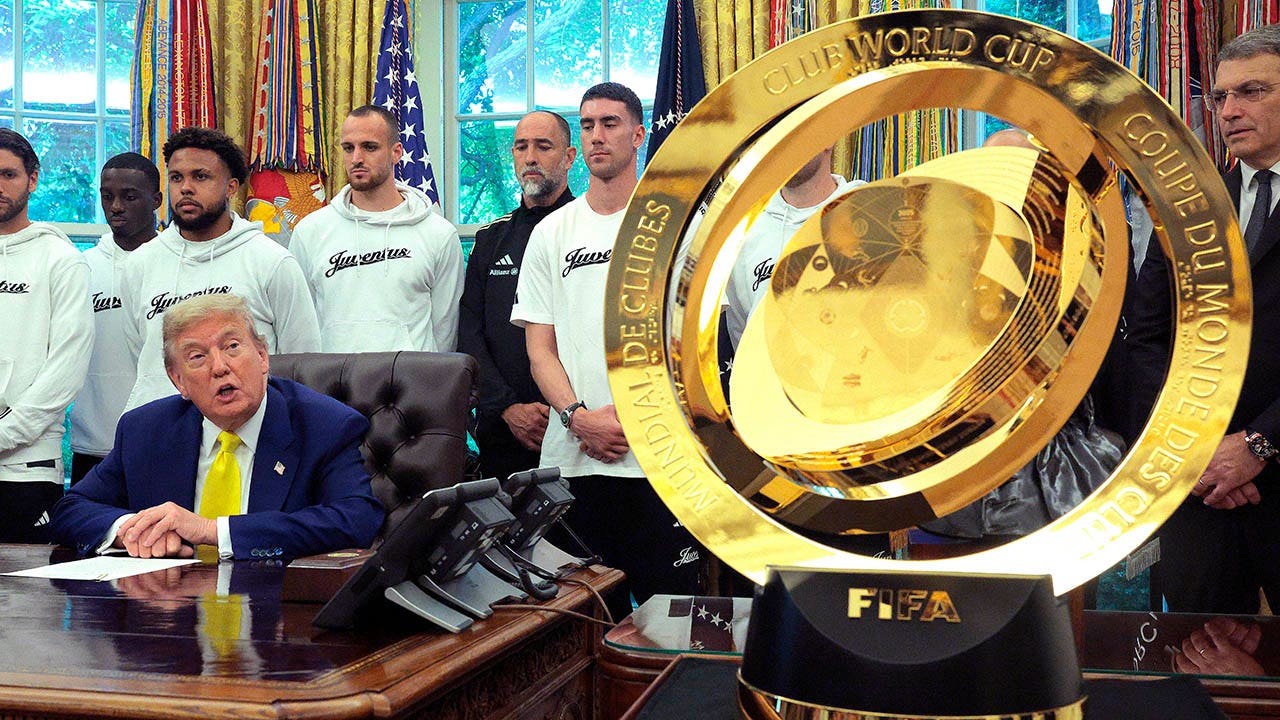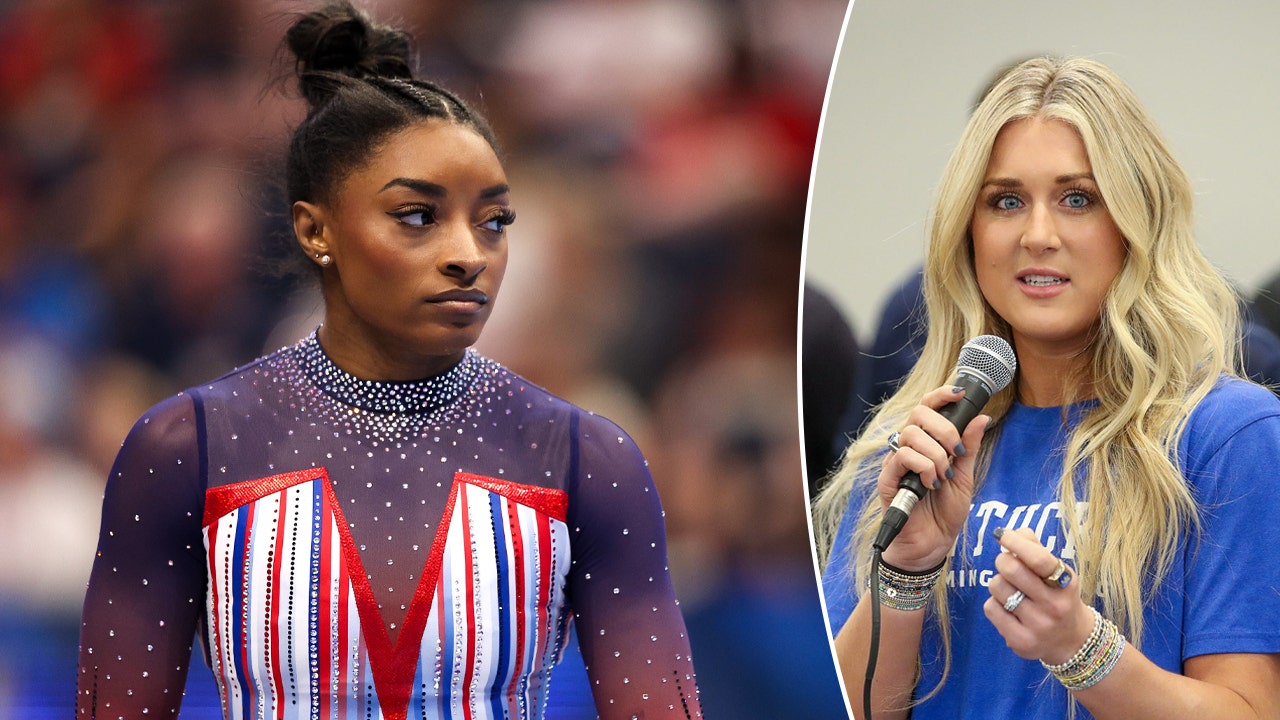Lane Hinkley: Charlottetown Islanders player announces retirement

Charlottetown Islanders associate captain Lane Hinkley, 19, has announced his retirement from hockey.
Hinkley made the announcement in an Instagram post Monday, saying he had learned his hockey career was over just days earlier after a medical exam revealed a lesion on his brain.
“The doctor said my MRI showed there is a 25mm by 17mm lesion on my brain, as well as other scars that they couldn’t determine the size of,” wrote Hinkley in the post.
“Too many hits, too many punches, too many concussions that I didn’t properly heal from.”
Hinkley says he is at risk for Chronic Traumatic Encephalopathy (CTE) and early dementia.
“Hockey is a tough sport,” wrote Hinkley.
The defenceman was a QMJHL first-round draft pick by the Acadie-Bathurst Titan in 2020, where he played 59 games before being traded to Drummondville. He joined the Charlottetown Islanders during the 2022-2023 season and played a total of 39 games for the organization.
“I played a physical brand of hockey and I don’t regret it. I just wish I was more proactive with treating my concussions. Everyone needs to take head trauma very seriously,” Hinkley told CTV Atlantic Tuesday.
CONCUSSION AWARENESS
Randy Goodman is a sport physiotherapist with Sport PEI. He says one to two per cent of hockey players suffer a concussion. Most recover within a month, but some are left with lifelong impacts.
“The more we can do early in prevention and or care of concussions to reduce that risk is better, and I think they’re learning more and more throughout the world on how to manage those things,” said Goodman.
In addition to new treatment methods and better equipment to protect from head injuries, cultural changes like limiting contact for younger athletes and running lower contact practices are important parts of concussion prevention.
Goodman says they now believe brain healing lags by about two weeks after symptoms clear and a key part of recovery is ensuring athletes don’t rush back to play.
Michelle McDonald is the CEO of Brain Injury Canada. She agrees there’s been progress when it comes to concussion awareness, but says there’s still a long way to go.
“Making sure that youth have access to the tools that they need for their recovery, so access to doctors, access to recovery at school,” said McDonald.
“We seem to put sport before everything else, but schooling is more important, just general health and recovery is more important.”
TEAM LEADER
In a news release from the Quebec Major Junior Hockey League, Islanders head coach Jim Hulton said Hinkley was an “honest player who competed hard every day.”
“He provided good leadership for his teammates and his focus was always on the betterment of the team.” he said.
“Lane is highly respected by teammates, coaches and support staff for his straightforward, team first approach. While we are saddened to learn that Lane can no longer risk playing, we are fully confident that he will be successful in any venture that he enters into.”
Hinkley specifically addressed his teammates in his retirement announcement.
“I care for all of you. Every little moment we had together matters, and deserves to be remembered. I Hope you all appreciate every moment like I do. No matter what, it felt good to be surrounded by you guys,” he wrote.
“We’re a big family, and you as teammates, became my favourite part of coming to the rink every day. Specifically to my Islanders boys, I love you and remember, good teams don’t lose on Saturday.”
PROUDEST MOMENT
The assistant captain, who was born in Moncton and grew up in Cheticamp, N.S., also thanked those who have supported him throughout his career and recalled a special moment on the ice.
“I will never forget my first game in Centre 200, looking up in the crowd and seeing a little boy with a Hinkley jersey on. A big 77 on his back, a big smile on his face. That is one of my proudest moments, and I’ll never forget it,” he said.
“Every time I played in Sydney, it was like a homecoming. I was my favourite place to play, hands down.”
Hinkley shared the way he played hockey was the cause of the end of his career, but says he does not regret a single hit or punch that he threw.
“I will never apologize for the way I played,” he wrote.
“I wear these scars on my hands proudly.”
With files from CTV Atlantic’s Jack Morse.




